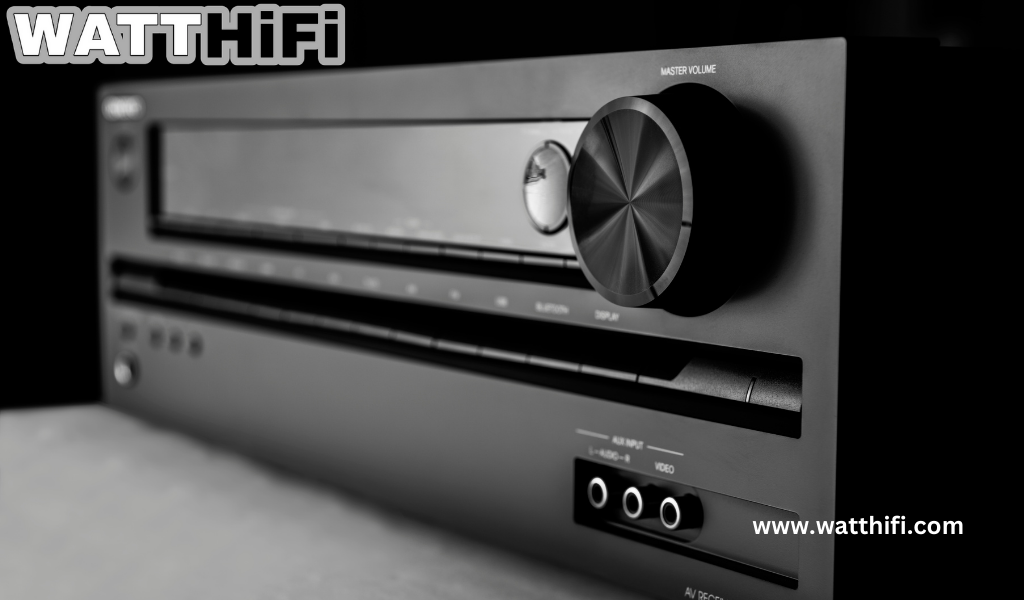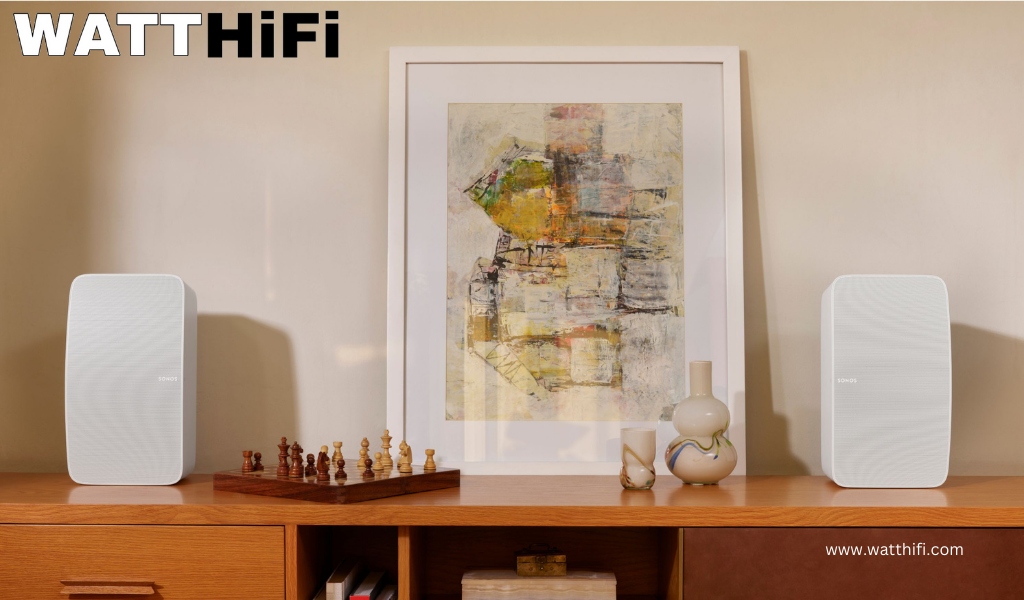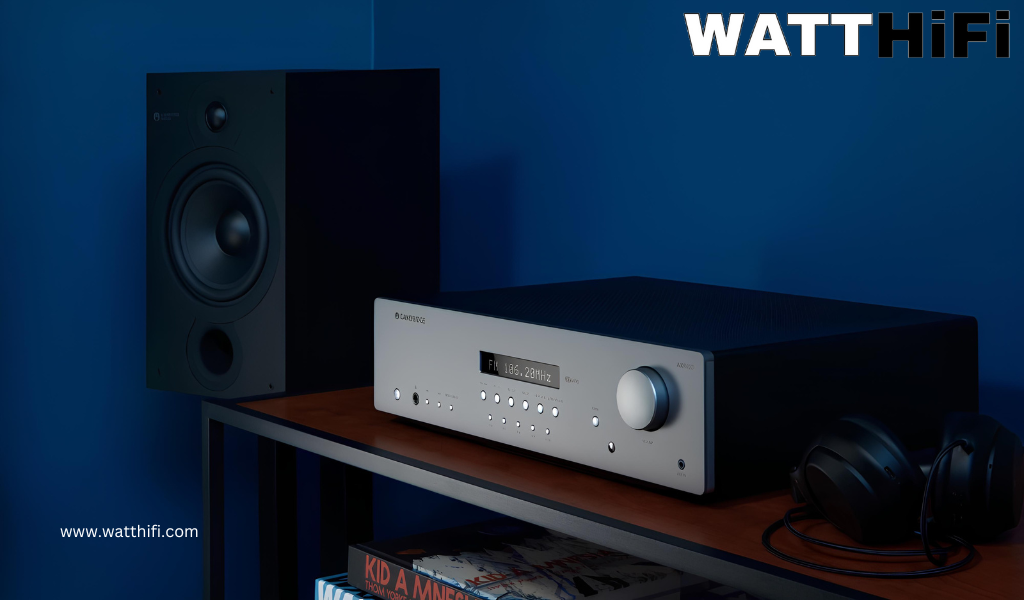Music is something everyone listens to every day, whether on the playlist while going to work or while dancing to it at a party. Listening to music is also an experience, and with the appropriate Yamaha amplifier, you will get the best feel of the sound and lyrics of the composition you are enjoying.
Although the new-age speakers come with amplifiers that are pre-installed, the power of an amplifier in your music system will enhance your music-listening experience. However, it would be better to know the essential things to look for, so you don’t damage your sound system or the amp. Let us begin.
[1] Understanding the function of an amplifier
The first step to understanding the function of your Yamaha audio amplifier is to know how music is played in your system.
Whether it’s an antique turntable or the new-age USB-enabled music player – the vibration or signal from the audio decoder needs to be translated and increased to bring it to the audible range.
This increase in electrical signal, or ‘amplification’ – is the job of the Yamaha amp you have chosen. You can think of it as the muscle of your sound system that pushes the weak signal from your audio device to audible levels.
Apart from that, the amplifier you are using has additional responsibilities. It helps to control the power level supplied to your speakers so that they don’t get damaged. It can also manage your sound in different ways, like reducing distortion and adjusting its tone and frequency (also known as equalization or EQ).
Jargons of interest in buying a Yamaha amplifier
Your musical experience will reach new heights with a nuanced, rich, and superior auditory treat when your Yamaha amp and speakers match appropriately. The musical quality will make you feel that what you have spent on the speakers and the setup is justified. However, it is better to know about the related technical jargon so that you can choose the best amplifier for your music system.
- Impedance
One of the most useful specifications you need to check in your chosen Yamaha audio amplifier is the impedance it shows. For those who don’t know, impedance is the amount of electrical resistance of your amplifier components. It is measured in ohms, where the impedance rating is least for two ohms and highest for eight ohms.
The receiver will need to work harder to drive or power the speakers if the impedance rating is low. So, it’s better to match this rating between your receiver and speaker and ensure no lasting damage happens in either.
Also Read: - How Do Yamaha Amplifiers Cater to The Diverse Needs of Musicians and Audiophiles?

- Power ratings
Power means the energy transferred to the speaker during operation, and it is of two types: dynamic and continuous. Dynamic or peak power is the maximum amount of short-term power a speaker can handle and is limited to milliseconds. On the other hand, continuous power (also called RMS or AES in speaker jargon) denotes the amount of power the speaker can bear for a long time.
You need to pay attention to this power type while buying your Yamaha amplifier.
- Sensitivity
You may not believe it, but the loudness of your sound is the result of your speaker’s sensitivity, not the power. In technical definition, it is the measure of how loud your speaker is when it’s driven by one watt of power and the hearer is positioned one meter away.
The more sensitive your speaker is, the less power you will need.
The factors to consider while choosing an amplifier
Some of the aspects of choosing the most appropriate amplifier for your speaker are given below:
[1] Research the amplifier you will need for your speaker. You must check the specifications of both instruments to ensure compatibility. Preferably, the amplifier’s power output should be 1.5-2 times the continuous power rating of the speaker. It will ensure the least distortion and allow headroom during peak demands.
[2] Usually, reputed brands will be a safe bet for buying high-quality and reliable amplifiers. It would be best to consult with experts and make an informed decision. A well-complementing Yamaha amplifier will deliver optimal sound performance and extend the speaker’s lifetime. So, if you can, go for a reliable brand while buying your speaker.
[3] Choose your amplifier according to the event type you are handling, as a large venue will require more power. You will also need to consider the amplifier’s features – like input options, EQ controls, and inbuilt protection mechanisms to defend both the speaker and amp.
[4] After finding your amplifier, try to operate it around 60%-70% of its total power capacity to minimize the risk of overheating. This practice will also ensure the amplifier isn’t unduly strained, can offer better performance, and has enough power in reserve for sudden energetic points in audio.
Summing up
Choosing the correct Yamaha Amplifier will ensure the best return on your investment, as well as provide you with a new horizon of auditory response and experience. Therefore, it is best to research and identify your needs and choose reliable brands when buying your required sound system amplifier.
FAQ on Yamaha Amplifier
Why is it necessary to buy an amplifier with my speakers?
Buying an amplifier isn’t mandatory, especially if your speakers come with in-built amps. However, an appropriate amplifier will improve the acoustic experience.
Why should I match the amplifier’s specs with the speakers?
It is necessary because if you don’t do so, you risk losing both your speaker and amplifier or sustaining significant damage to them.



